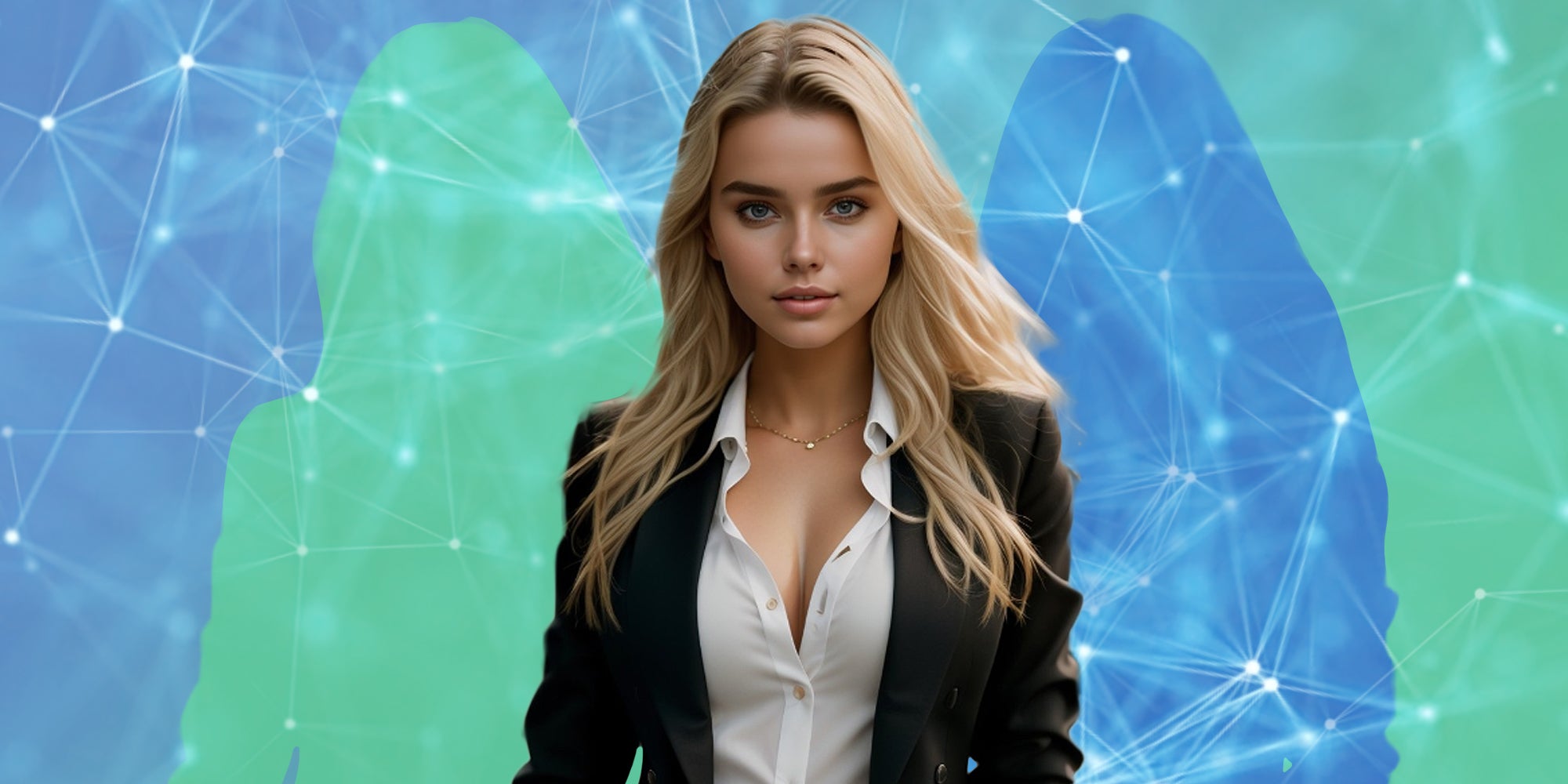
Maybe you’ve heard but according to The Independent, “people are obsessed with AI influencer Milla Sofia. The sometimes 19-year-old, sometimes 24-year-old virtual girl is the latest AI influencer that’s garnered a handful of headlines in recent months.
To date, the AI influencer boasts more than 72 thousand followers on Instagram and more than 120 thousand followers on TikTok. Her content mostly consists of still photos accompanied by notes like, “Wishing you all a wonderful Saturday filled with joy and relaxation!” Or, “May this new week be filled with achievements, smiles, and small victories. Let’s do this! 💪”
Most recently, the Helsinki, Finland-based creator and agent who represents Sofia made news after he was asked by the online British newspaper whether the CGI blonde is setting a bad example for expectations of women’s looks. The questions came in response to comments suggesting that Sofia is setting a bad example for young women. In a since-deleted post, one commenter wrote, “PLEASE REMOVE YOURSELF AND STOP HURTING YOUNG GIRLS WITH EVEN MORE UNREAL BEAUTY STANDARDS. Our youth is feeling like s – – t and you are making it worse.”
So what was Sofia’s progenitor’s response? That the current beauty standards are a societal problem and not a problem of emerging technologies. He added that “social media influencers edit and airbrush their content all the time, and different filters are popular. Many models and influencers have undergone cosmetic surgeries. So, the idea of beauty has been distorted already for a long time. Artificial intelligence only makes it easier to make changes, and it is kind of just an additional step further away from reality.”
His assessment is a fair one. In 2021, Jennifer Mills, a professor of psychology at York University who completed her own research on this topic, told Forbes that well before the AI boom she was “hearing patients and students talk about how they felt about social media and the pressure they felt to look a certain way based on comparing themselves to what other people posted.”
Mills added, “I was hearing from clients with eating disorders that they would see pro-anorexia content in their feeds and felt compelled to follow those types of accounts, even when they knew that it was very bad for their health.”
There’s little doubt that AI influencers will exacerbate many of the issues Mills is speaking to. But at its current stage, suggesting that AI influencers will gravely impact young people is, frankly, giving AI-generated content too much credit. And young people are not enough. Take another one of Sofia’s recent posts. In it, the AI influencer is on a horse. The caption? Life’s a beach, and I’m just riding on it 😎.
Really? That’s the looming AI influencer takeover we should be worried about. In other words, Sofia’s content is painfully basic and concerns about how AI influencers could affect beauty standards is a distraction from the implications of the far more serious, algorithmic schemes at the behest of Big Tech.
More importantly, the alchemy of Sofia is hardly even an original approach to emboldening current beauty standards. Haven’t you ever heard of Lara Croft?




